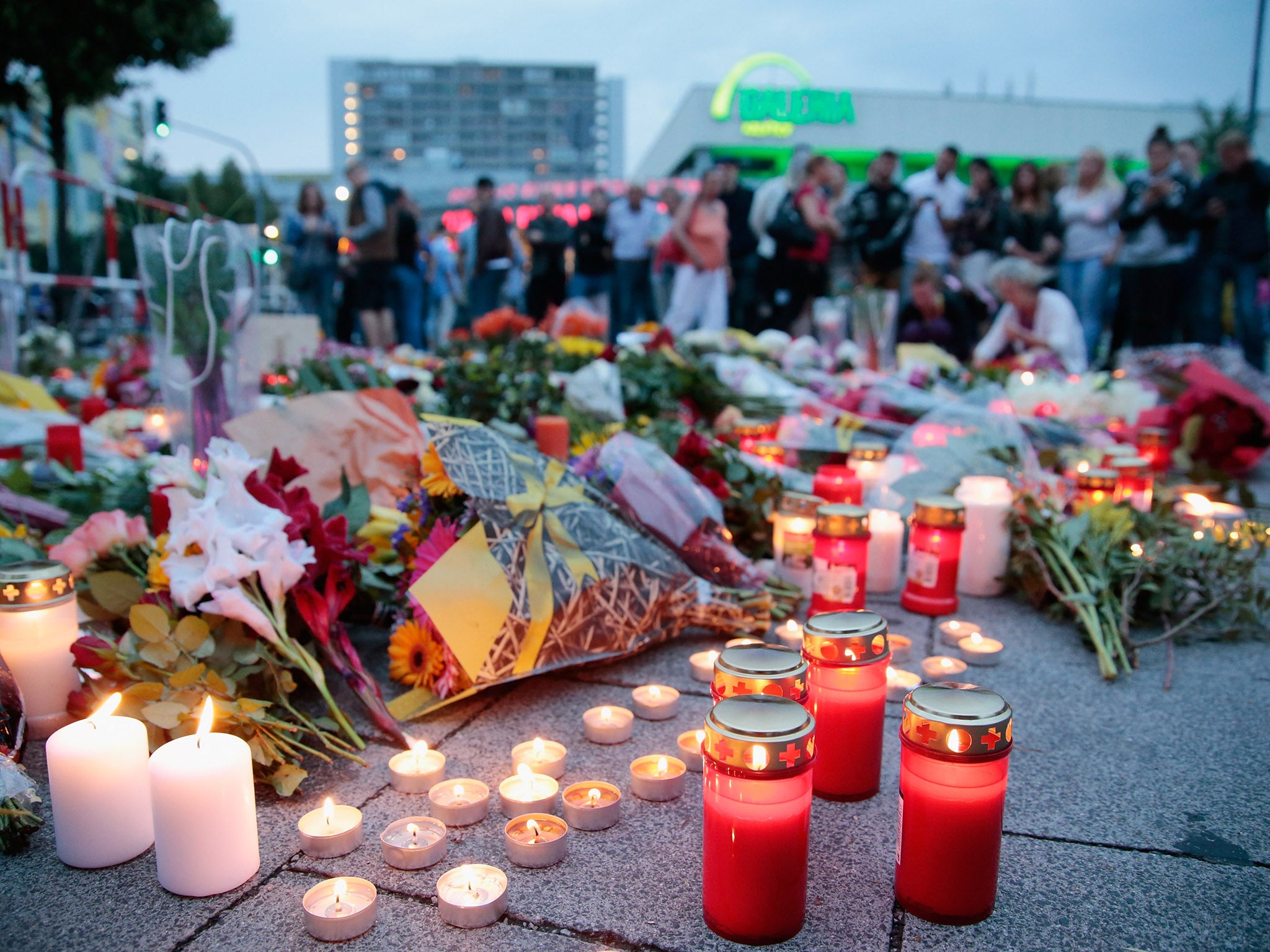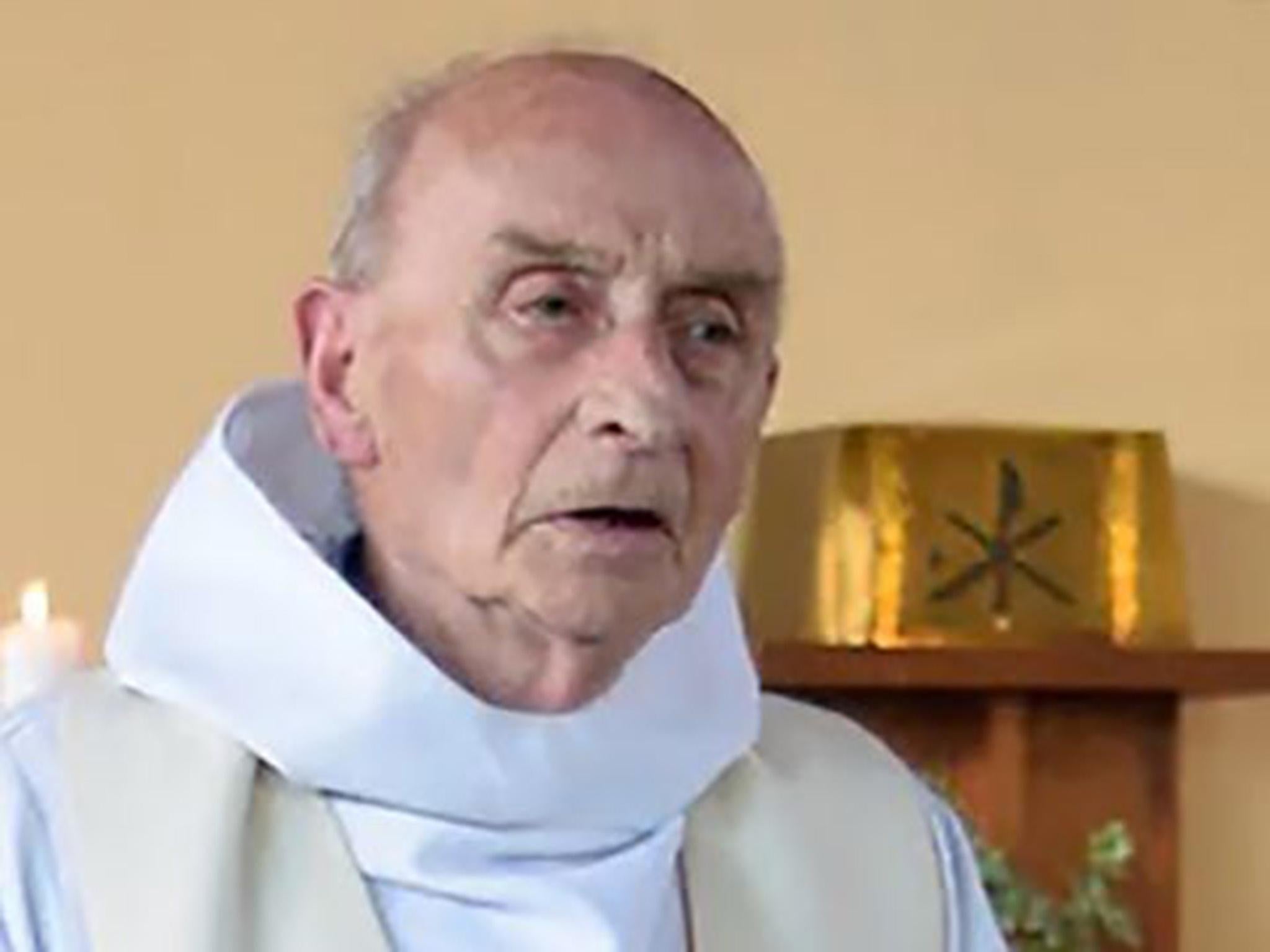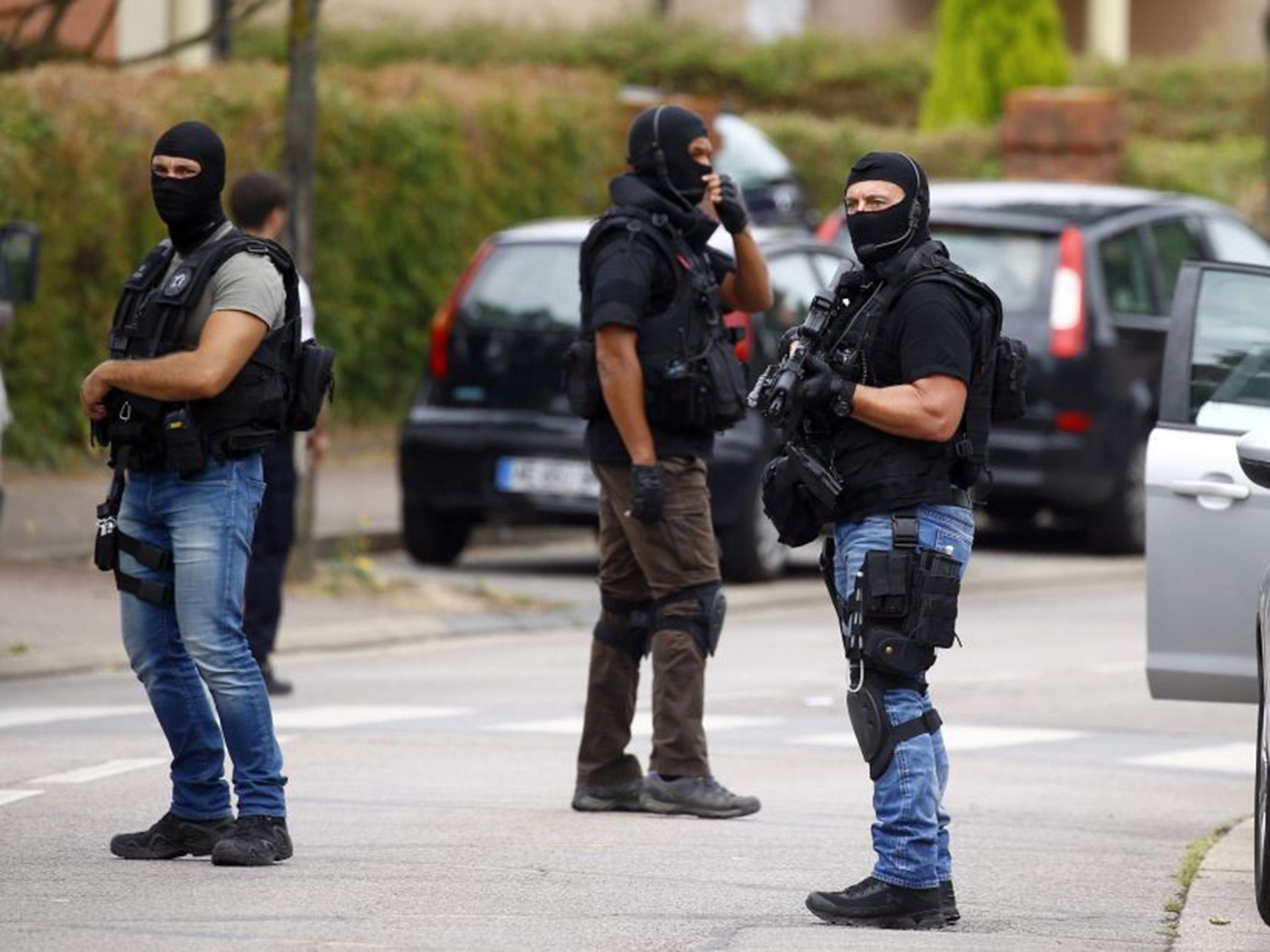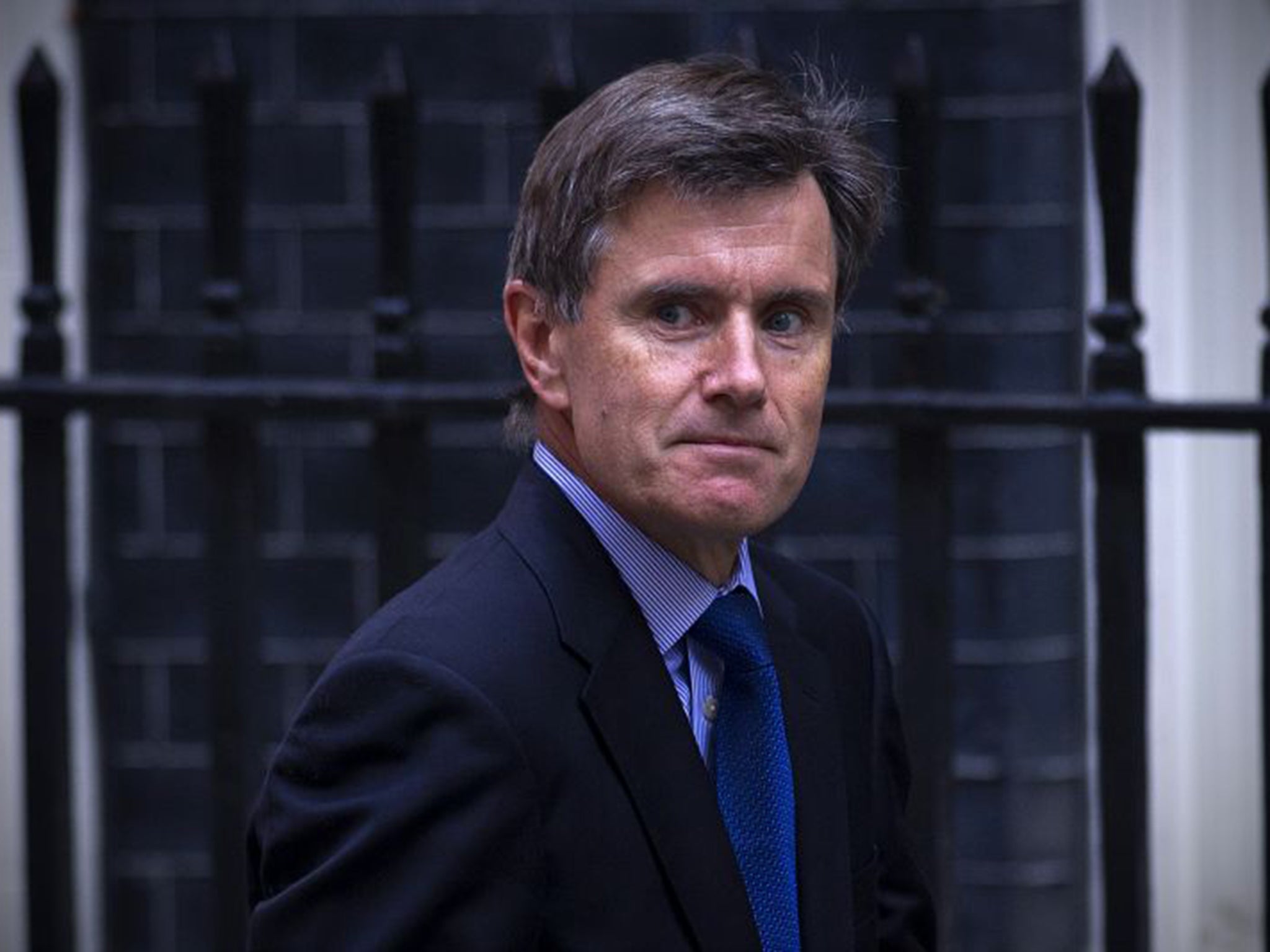What really lies behind the surge in Isis-inspired attacks across Europe
Security and intelligence agencies are struggling to cope with a lethal new threat

During the battle for Aleppo, four years ago, we saw fighters of Jabhat al-Nusra, the al-Qaeda affiliate in Syria, flee, abandoning their weapons when President Bashar al-Assad’s tanks burst through the frontline. A year later we saw some of them, who have switched to the newly arrived Isis, take part in a futile, suicidal charge against regime forces. “They have become majnoon,” said my friend Yusuf, making circling motions with his finger next to his head, “stupid, but also dangerous”.
This week Yusuf, one of a dwindling band of relatively moderate Syrian rebels, telephoned me from Turkey while I was covering the killings in Munich. He observed: “I see the majnoon are truly in Europe now.” That is indeed the case, those supposedly majnoon – meaning ‘crazy’ in Arabic – have been held responsible for some of the most savage acts of extreme violence across the continent recently.
The psychological factor may camouflage other ones, but the fact remains that Mohamed Lahouaiej Bouhlel, from Tunisia, who used a 19 tonne truck to murder 84 people in Nice, had received extensive psychological treatment: as had Ali David Sonboly, who shot dead nine in Munich: as had the Syrian Mohammed Daleel, who blew himself up injuring 15 in Ansbach. Adel Kermiche, of Algerian background, one of the two men who murdered 86-year-old Father Jacques Hamel in Rouen, also had mental health problems: as did a Syrian refugee who killed a Polish woman in Reutlengen, near Stuttgart. Mohammed Riaz Ahmadzai, who carried out an axe attack on a train near Wurzberg, is not known to have a history of psychological illness, but then very little of the history of the asylum seeker, who claimed to be an Afghan, but was likely to be a Pakistani, is known. He was, however, said to be distraught due to the death of a relative when carrying out the attack.
Not all the attacks, which have taken place in just 12 days, have terrorist connections, although Isis, ever opportunistic, has laid claim to all of them. But it does show the trend of psychologically damaged people attempting to present religious justification to their acts of extreme violence – a twist to one of the most difficult threats already facing the security agencies, that of the lone wolves.
There have been instances of Islamists targeting and grooming the psychologically or emotionally damaged to carry out attacks. But that, say security officials, is not necessarily needed; the call to jihad on the internet often suffices. The appeal by Abu Mohammed al-Adnani, of Isis, for true believers to use whatever means are available to strike at the infidel, including vehicles, and the exhortation that the “smallest action you do in their heartland is better and more enduring to us than what you would, if you were with us”, has gained massive traffic in Islamist social media since it was made last month.

The lone wolves – one or two attackers – with or without psychological issues, can be used to carry out shocking acts of individual atrocity, such as the slaughter of Father Hamel in Rouen and Gunner Lee Rigby in London, with the attendant publicity that Isis and al-Nusra crave. But although a truck was used to such a devastating effect in Nice, the ability to inflict large scale casualties are normally limited in such assaults. The reason that Daleel managed to kill only himself in the blast in Ansbach, and injure rather than kill others, was because his bomb was not well assembled, according to security sources, who do not want to disclose details which would allow the next bomber to learn from Daleel’s mistake.
There has been growing public criticism over the failure to prevent the atrocities in France and Germany. The French Prime Minister, Manuel Valls, and fellow ministers were booed when he came to commemorate the dead in Nice. The law agencies in both countries point to the difficulties of monitoring individuals who are not high in the jihadi chain of command, of distinguishing between genuine violent political and religious threats made by these people and those made due to mental illness. Robert Emerson, a security analyst, held this was a valid point. “They have to decide whether someone is really bad or mad. Resources are very often tight, so these are huge judgment calls one has to make” he said.

Officials in France and Germany say they are addressing one particular complaint, the slowness in reacting to attacks. How were Lahouaiej Bouhlel and Sonboly able to continue their rampage for so long without being stopped when armed police were present? The French point out that in Rouen, the anti-terrorist unit moved in swiftly, shooting dead the two murderers. The train axeman, the Germans point out, was also shot dead almost immediately. However, of the 58 shell casings found in the scene of the Munich massacre, all but one was fired by Sonboly, the police shot at him just once as he carried out his executions.

Western officials are in agreement that Isis and other terror groups also desperately want to carry out the “spectaculars”, coordinated attacks of the Mumbai and Paris type. The use of large numbers of terrorists gives the security agencies more opportunities to intercept communications and track movements. But international cooperation remains poor with Belgium, the spawning ground for an alarming number of extremists, coming under criticism. Jean-Marie Delarue, the recently retired chief of the French agency overseeing surveillance, was blunt: “We think there should be cooperation, we rely on other countries to give it to us and I don’t think the Belgians gave us precise information.”
Before the UK referendum on the European Union, two former chiefs of MI6 and MI5, Sir John Sawers and Jonathan Evans warned that intelligence sharing, especially the framing of the sharing of data, with European partners will be lost if Brexit takes place. It remains to be seen how this will be resolved in the future, but cross-channel liaison has been stepped up ever since the Charlie Hebdo murders in Paris last year.

Scotland Yard Deputy Assistant Commissioner Neil Basu said after the Rouen attack that “there is no specific intelligence relating to attacks against the Christian community in the UK [but] following recent events in France we are reiterating our protective security advice to Christian places of worship… While the threat level from terrorism remains unchanged at severe, we urge the public to be vigilant”.
The British security and intelligence agencies have been remarkably successful in foiling recent terrorist plots - but the plots continue to be hatched. “Abduction remains one of the aspirations of terrorists in this country” said an official. “We were quite surprised, relieved, that the Rouen attack did not turn into a hostage situation, that would have been really messy. We are in a fortunate position that firearms are not so readily available in this country and we do actually have better control of our borders.”
The Islamists have used the inflow of refugees to smuggle in terrorists and that, say the security agencies, will continue. Hans Georg Massen, a senior German intelligence official, stated earlier this month that at least 17 Isis members have used the route recently.
The attacks in Germany have led to rising criticism of Angela Merkel’s policy towards refugees which has seen a million people from Syria and elsewhere arrive in the country. Challenged at a press conference in Berlin on whether Mrs Merkel's assertion that “we can manage it” was unravelling, Interior Minister Thomas de Maizière said that none of those who had carried out the attacks over the last week were among refugees who had arrived after the announcement of the “open door” policy last autumn. Thus, argued Mr de Maizière, the policy of Mrs Merkel could not be held responsible.
Mubariz Mahmood, a refugee from Pakistan who knew Daleel in Ansbach, said that Syrian had been confident he would get the asylum he sought in Germany and not be deported to Bulgaria, the first state he had entered in Europe through Turkey. The bombing was carried out after the legal process to stop the deportation was exhausted. A Bavarian official remarked: “If we declare at first ‘everyone welcome’ and then say ‘sorry we are throwing you out’, then some people will feel very angry. And if a few of them have very aggressive psychological tendencies and a handy banner under which to be violent, then one shouldn’t be too surprised when there are these terrible events.”
Join our commenting forum
Join thought-provoking conversations, follow other Independent readers and see their replies
Comments
Bookmark popover
Removed from bookmarks